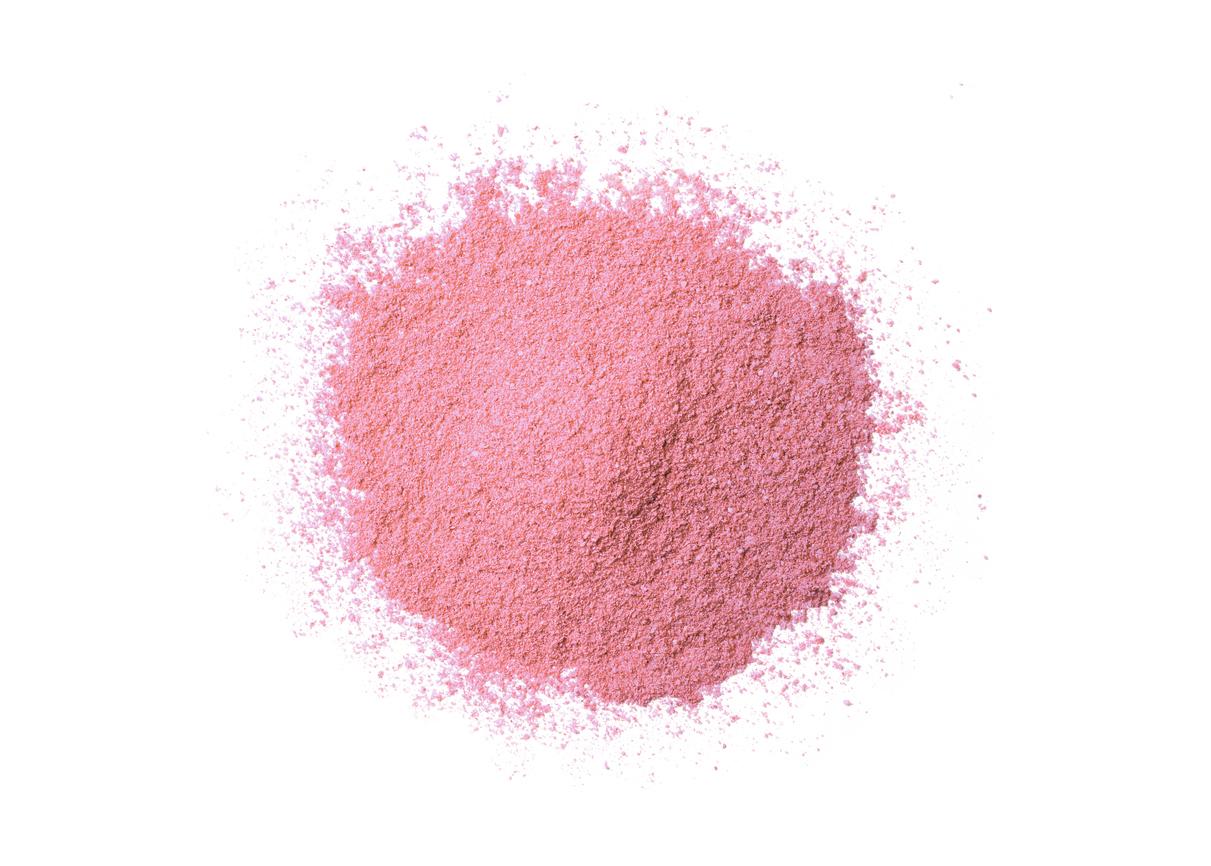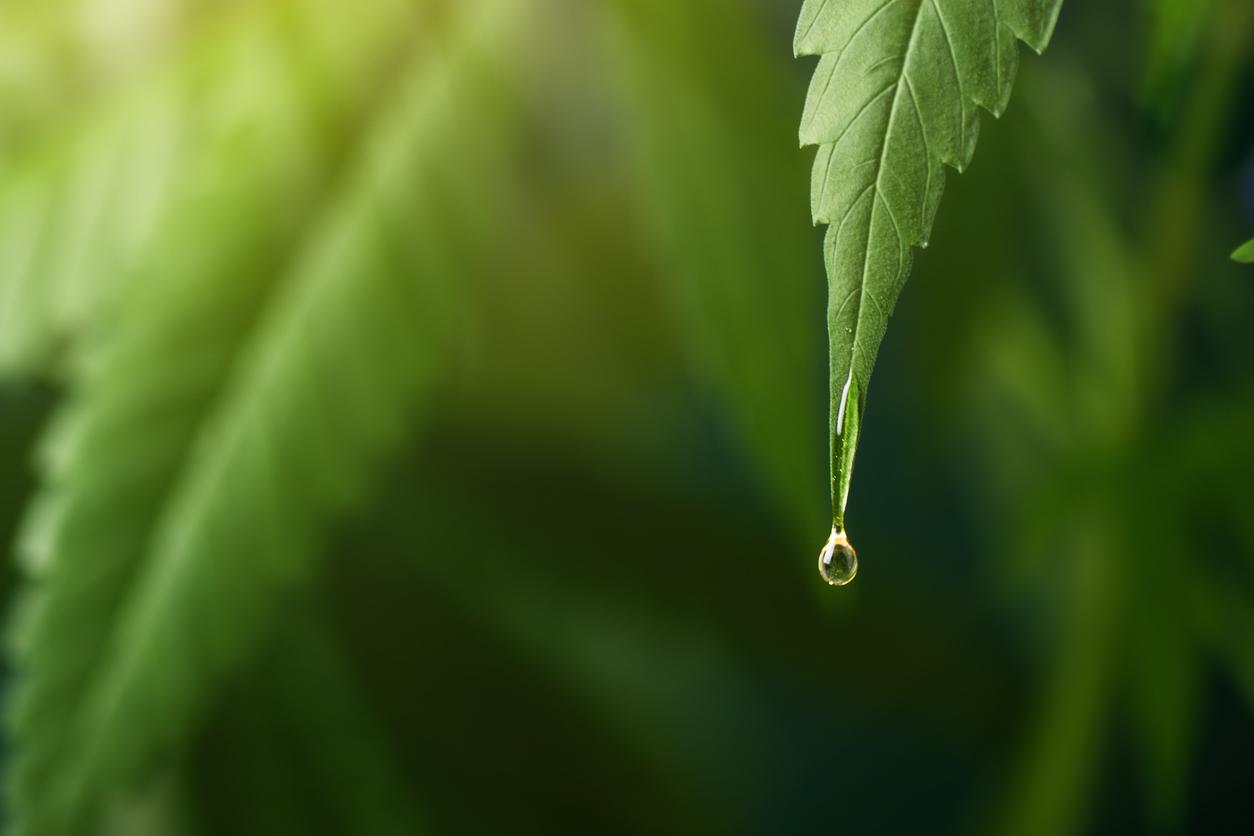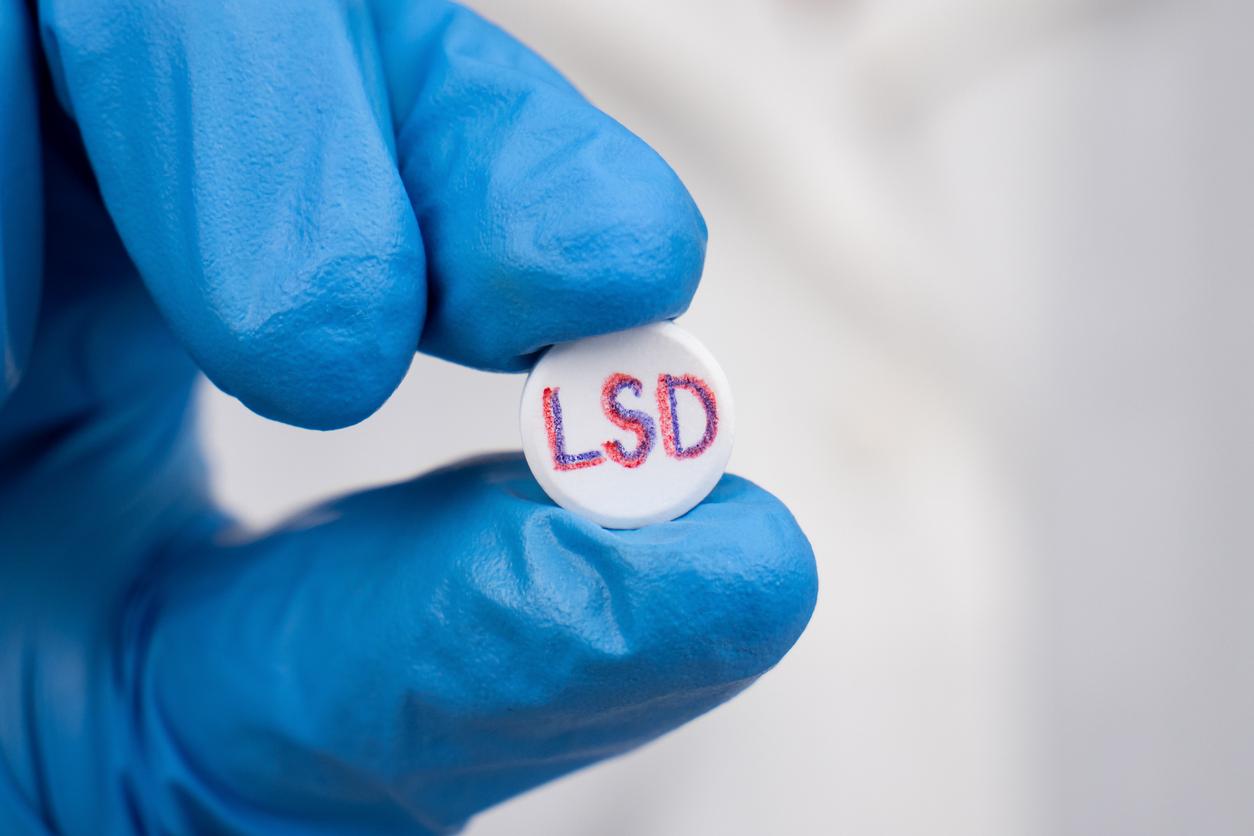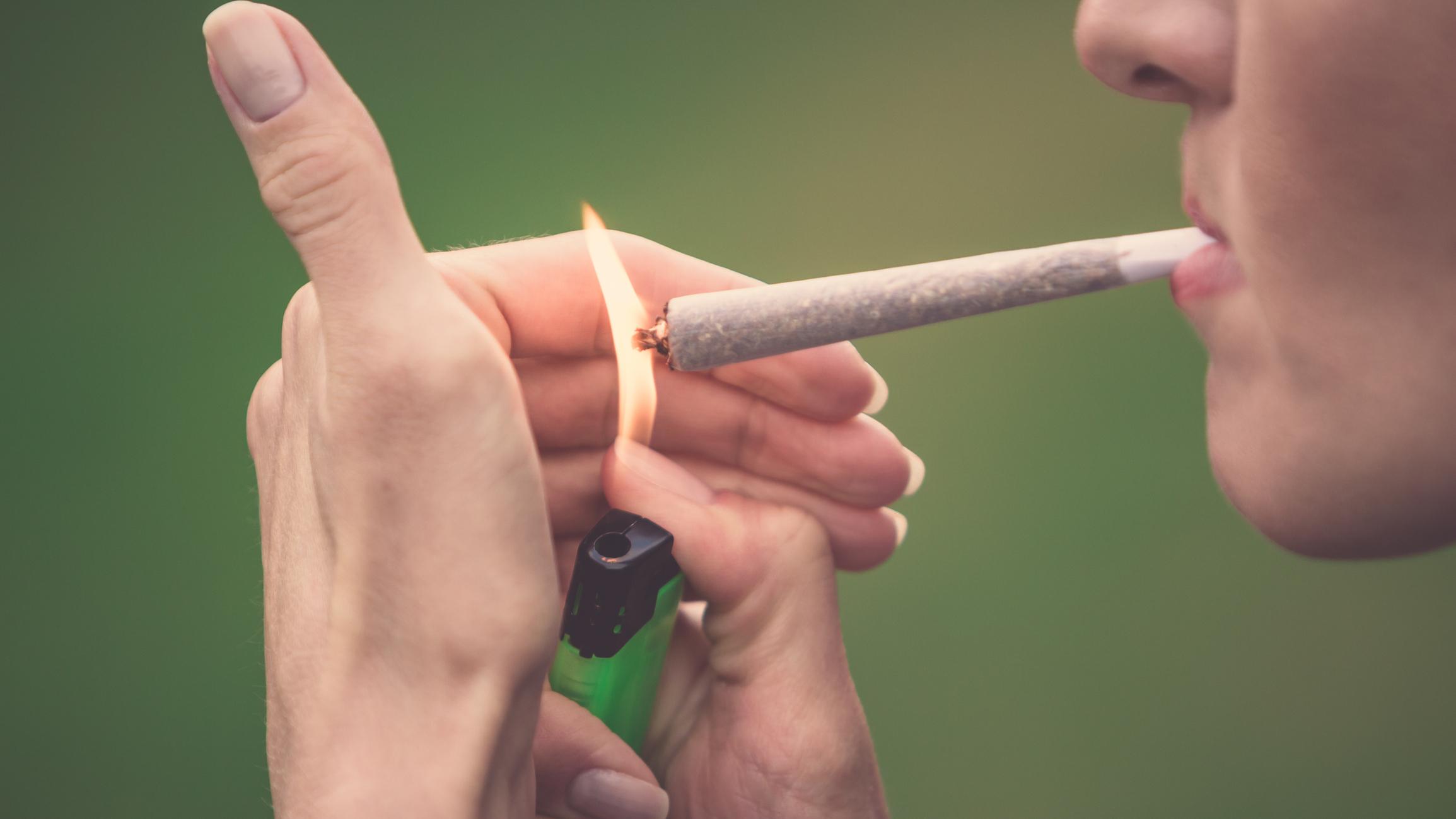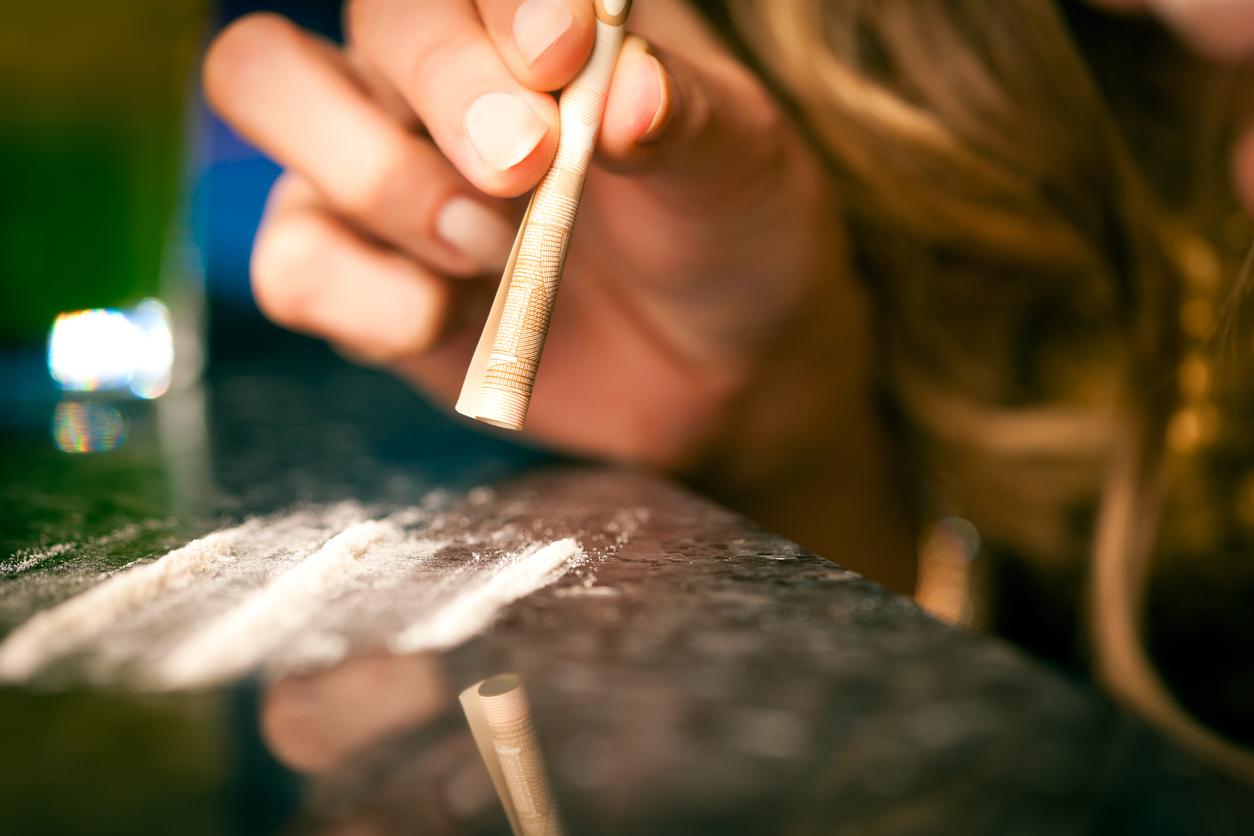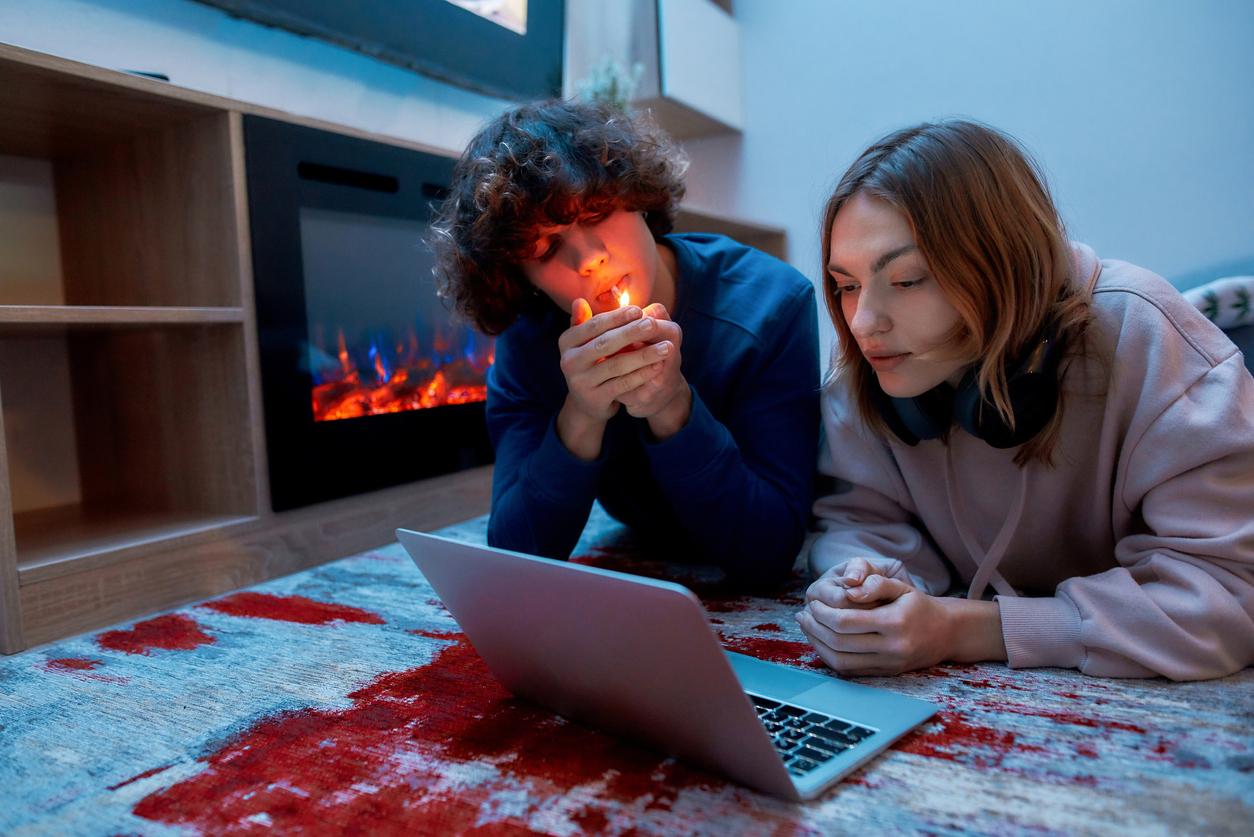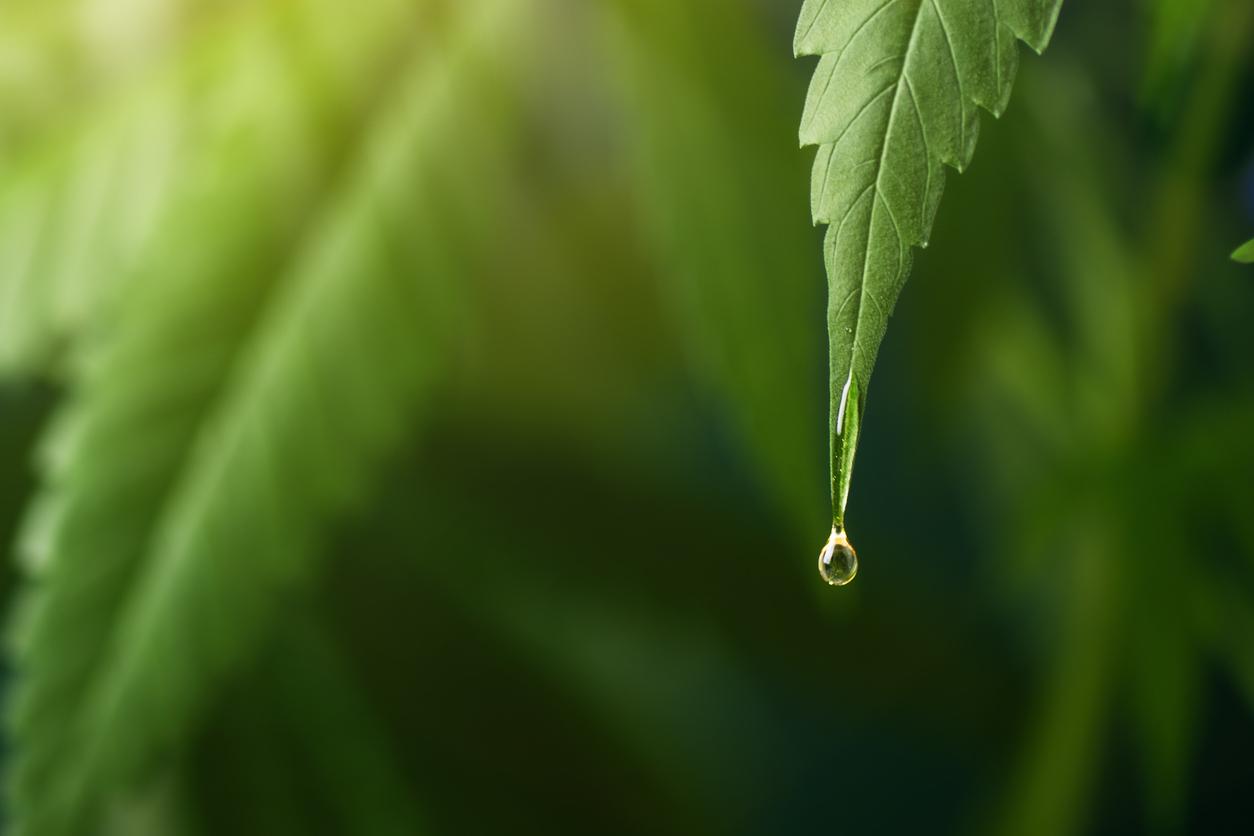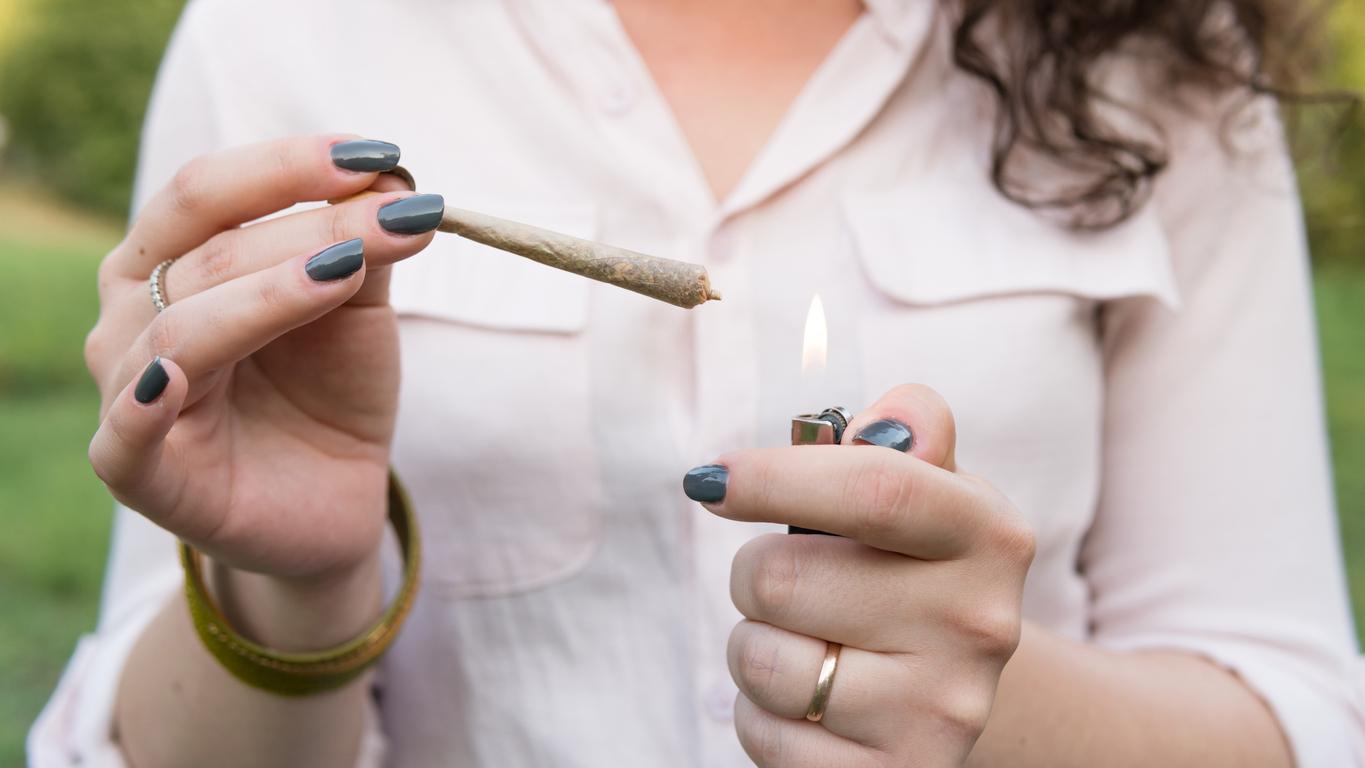To secure French roads, the interministerial delegate for road safety wants to introduce the saliva test. It easily and effectively detects illicit substances.

Facilitate screening, and increase safety on the roads. This ambitious project is that of the interministerial delegate for road safety, Jean-Robert Lopez. Asked by The Republican Lorrain, he announced his intention to develop the “second saliva test” to detect the presence of narcotics in drivers.
An “expensive and time-consuming” blood test
Last year, no less than 114,000 checks were carried out on French roads. One in three was positive. “But we do not do them in a random way as for alcohol,” laments Jean-Robert Lopez. Because of the constraints they pose, the tests are only done if the driver behaves abnormally. Indeed, these are blood tests, which must be carried out in a hospital environment. “Expensive and time-consuming”, slices the delegate for road safety.
For Jean-Robert Lopez, the solution is quite found: develop the “second saliva test. “Instead of going to a hospital for a blood test, the police will take a second saliva sample,” he explains. “He will be sent to a laboratory to confirm in an indisputable way the taking of an illicit substance. The method is much simpler since the test consists in all and for all of a small stick which collects the saliva of the suspect.
Tests available at tobacconists
A simpler approach, which will make it possible to increase the number of random checks, hopes the interministerial delegate for road safety. It has already been tested last February in Papeete (French Polynesia), obviously with some success. Jean-Robert Lopez justifies this measure by recalling that 4% of road accidents are mainly linked to taking narcotics. And in one in five fatal accidents, the driver was under the influence of illicit psychoactive substances.
Without waiting for the saliva test carried out by the police, users of illicit substances will be able to carry them out themselves. Since February, some tobacconists have been marketing tests that allow us to know whether THC, the active substance in cannabis, is still circulating in the body.
.










